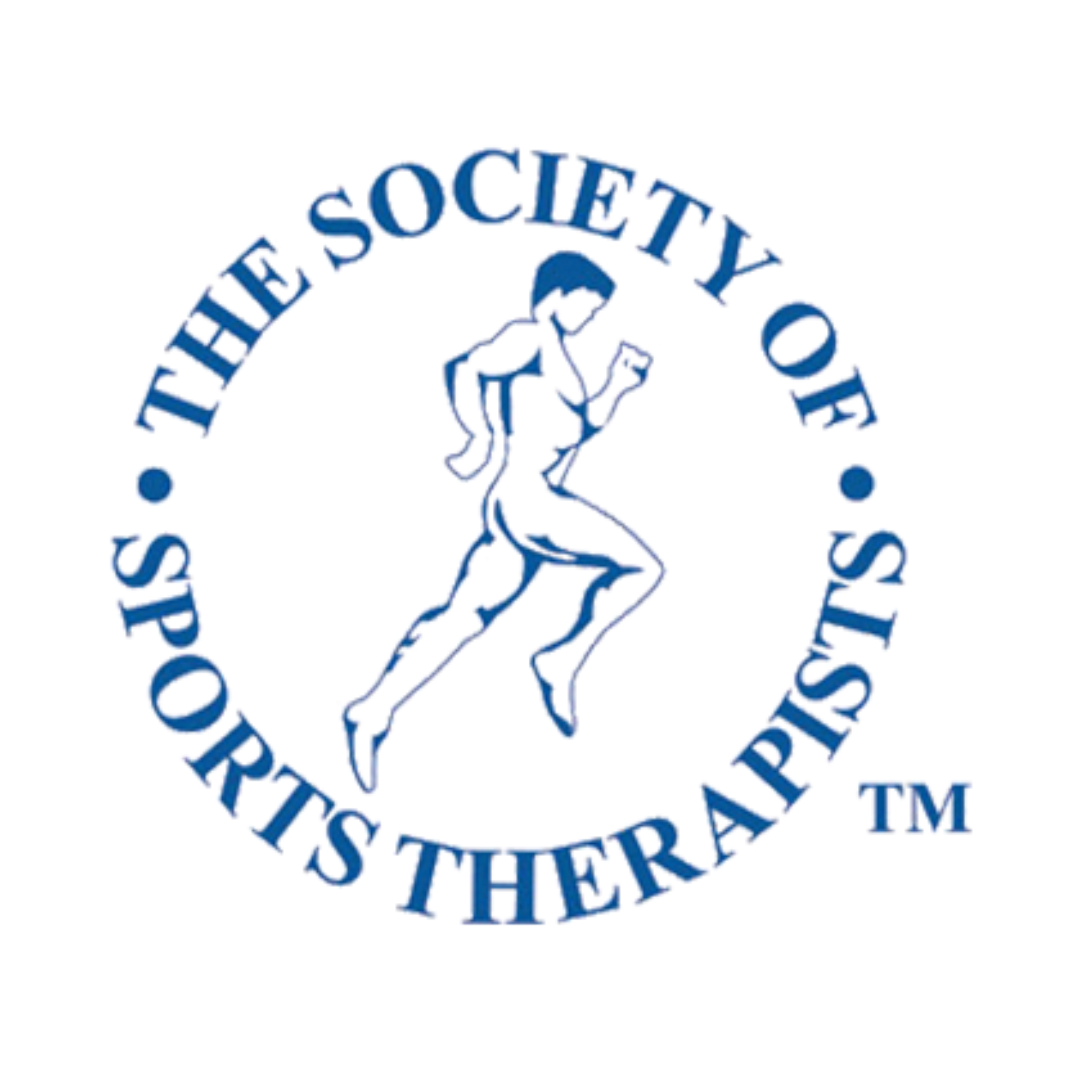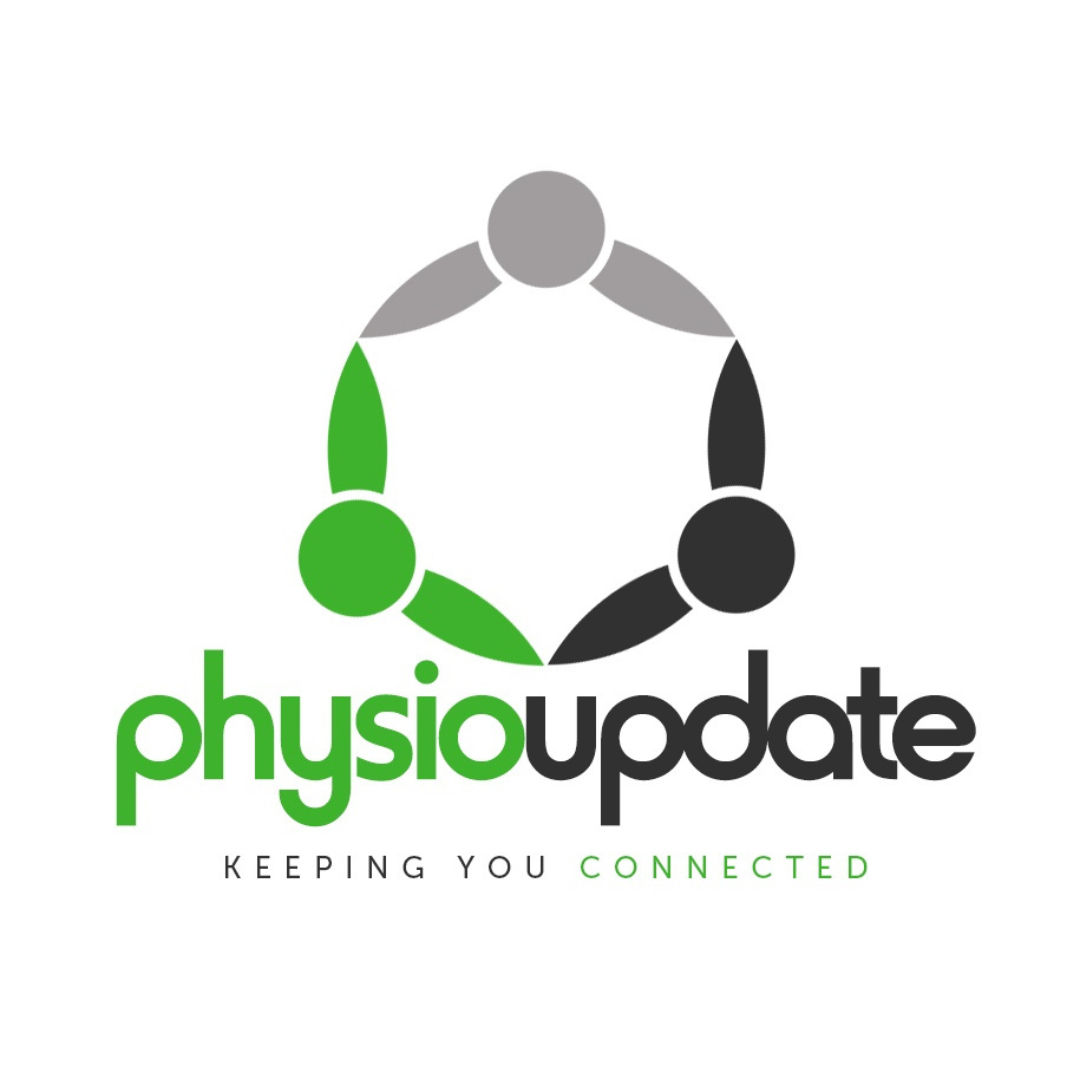Bridging the gap: the urgent need for equitable community rehabilitation
)
A recent report by the Stroke Association, ‘Unlocking potential: a bold vision for stroke care in England’ highlights significant concerns regarding the state of stroke care in the UK, and the urgent need to transform community rehabilitation services to address widening health inequities. The report reveals that millions, particularly those from marginalised communities, lack access to essential rehabilitation services, exacerbating the prevalence of long-term conditions (LTCs) and multi-morbidity.
Disparities in health outcomes
Individuals in the most deprived communities face a 60% higher likelihood of being diagnosed with an LTC compared to those in affluent areas. They also have a 30% greater chance of experiencing severe conditions. Furthermore, even after accounting for deprivation, the prevalence of LTCs remains higher among people aged 60 and above from black or minority ethnic backgrounds.
Barriers to rehabilitation
The report identifies several barriers preventing equitable access to rehabilitation services:
-
Inconsistent prevention and referral: prevention campaigns are often poorly targeted, and referral rates for those who develop health conditions are inconsistent.
-
Systemic barriers: marginalised communities encounter obstacles such as societal discrimination, lack of cultural competence, and communication challenges, hindering access to high-quality rehabilitation services.
-
Data deficiencies: a lack of consistent data hampers health services' ability to provide rehabilitation that meets diverse needs.
Declining standards in stroke care
Recent data indicates a concerning decline in stroke care standards over the past decade:
-
Delayed admissions: in 2023/24, only 47% of stroke patients were admitted to a stroke unit within four hours of hospital arrival, a decrease from 58% in 2013/14.
-
Reduced specialist care: the percentage of patients spending over 90% of their hospital stay on a specialist stroke unit has dropped from 83.2% in 2019/20 to 75.9% in 2023/24.
-
Limited access to advanced treatments: only 3.9% of stroke patients received thrombectomy in the last year, significantly below the NHS England target of 10% by 2027/28.
The availability of community rehabilitation services varies significantly across regions, leading to a "postcode lottery" that affects patient outcomes. Shortages and long delays in accessing these services leave many feeling abandoned during critical recovery periods.
CSP's Call to Action
In response to these challenges, the CSP underscores the urgency of expanding stroke rehabilitation staffing across both acute and community sectors to meet current NICE recommendations. This expansion is crucial to ensure that stroke survivors receive the necessary support for optimal recovery.
Recommendations for improvement
To address these issues, the CSP and related organisations recommend:
-
Increased investment: allocating funds to enhance both in-hospital and community rehabilitation services.
-
Enhanced staffing: expanding rehabilitation staffing in acute and community sectors to align with NICE guidelines.
-
Improved data collection: revamping patient data collection to create a centralised database for community rehabilitation services, reducing data entry duplication and fostering data sharing to address health inequalities.
What next?
The CSP's report underscores the necessity of modernising rehabilitation services to meet current population needs sustainably and equitably. By implementing these recommendations, the UK can move towards a healthcare system that not only treats illnesses but also promotes overall health and well-being, ensuring that rehabilitation is accessible to all who need it.
Check out the full article here: https://www.csp.org.uk/news/2025-03-10-new-report-sets-out-need-improvements-community-rehab
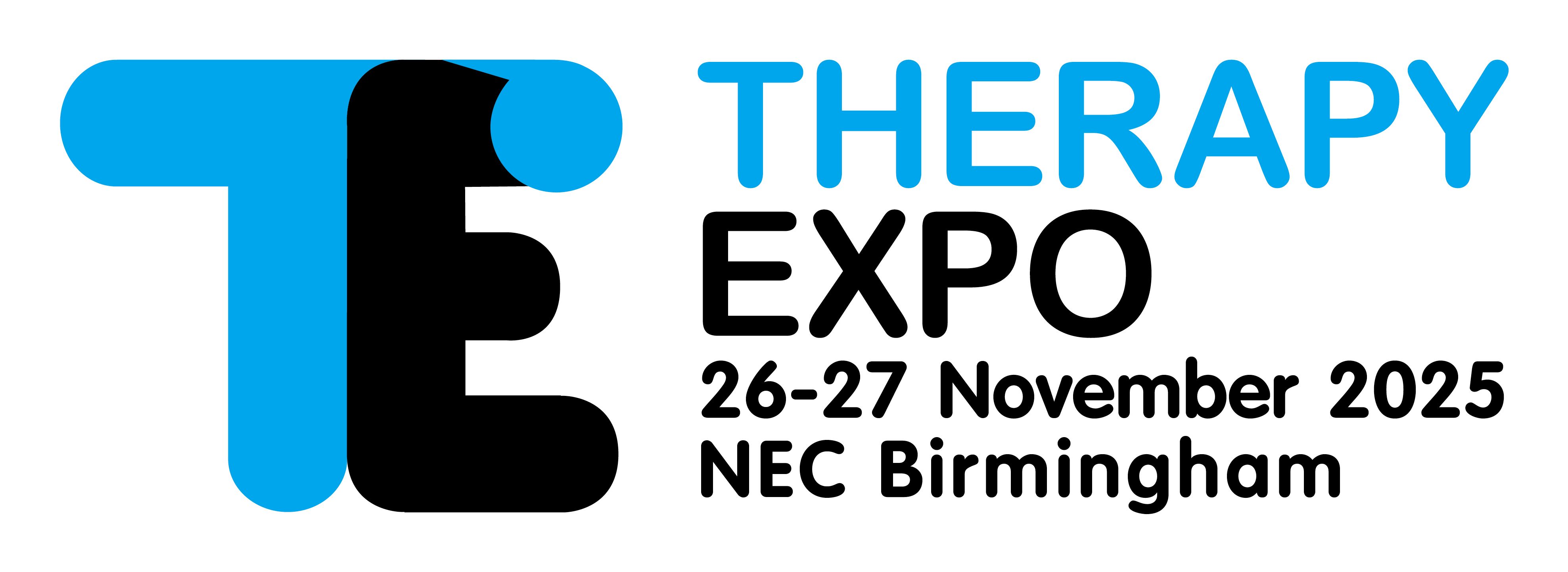


.png)
.png)

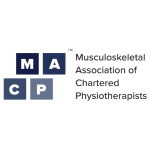
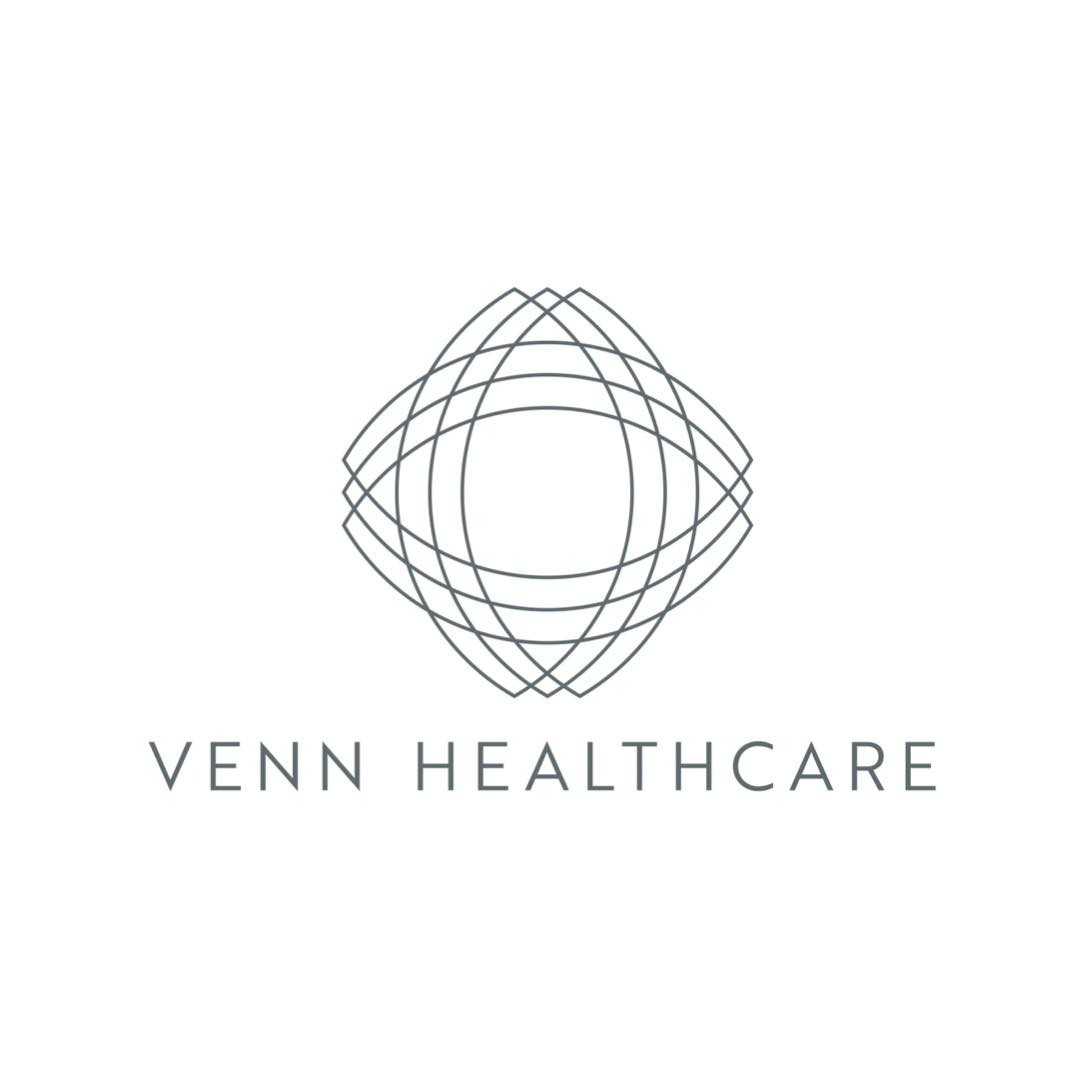
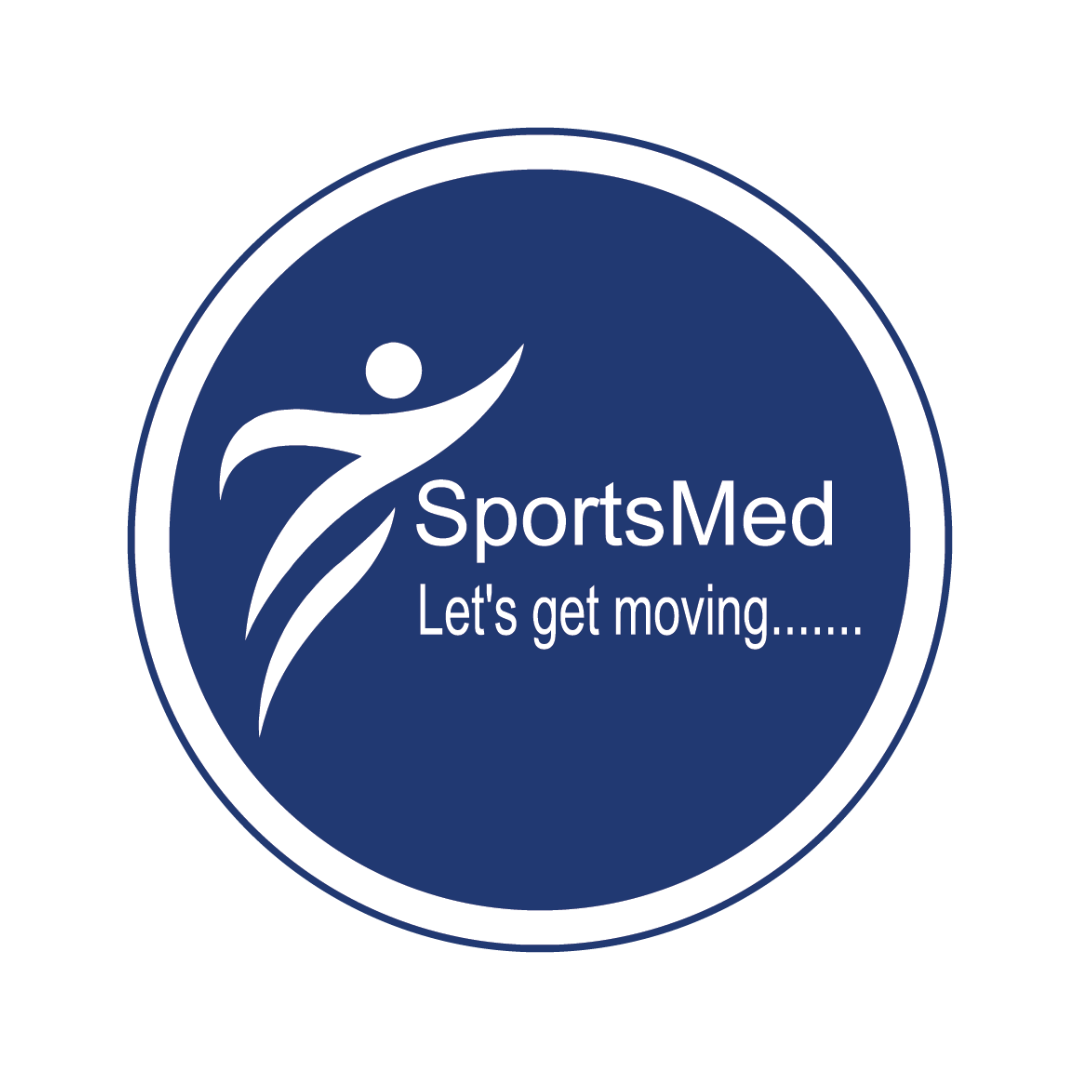

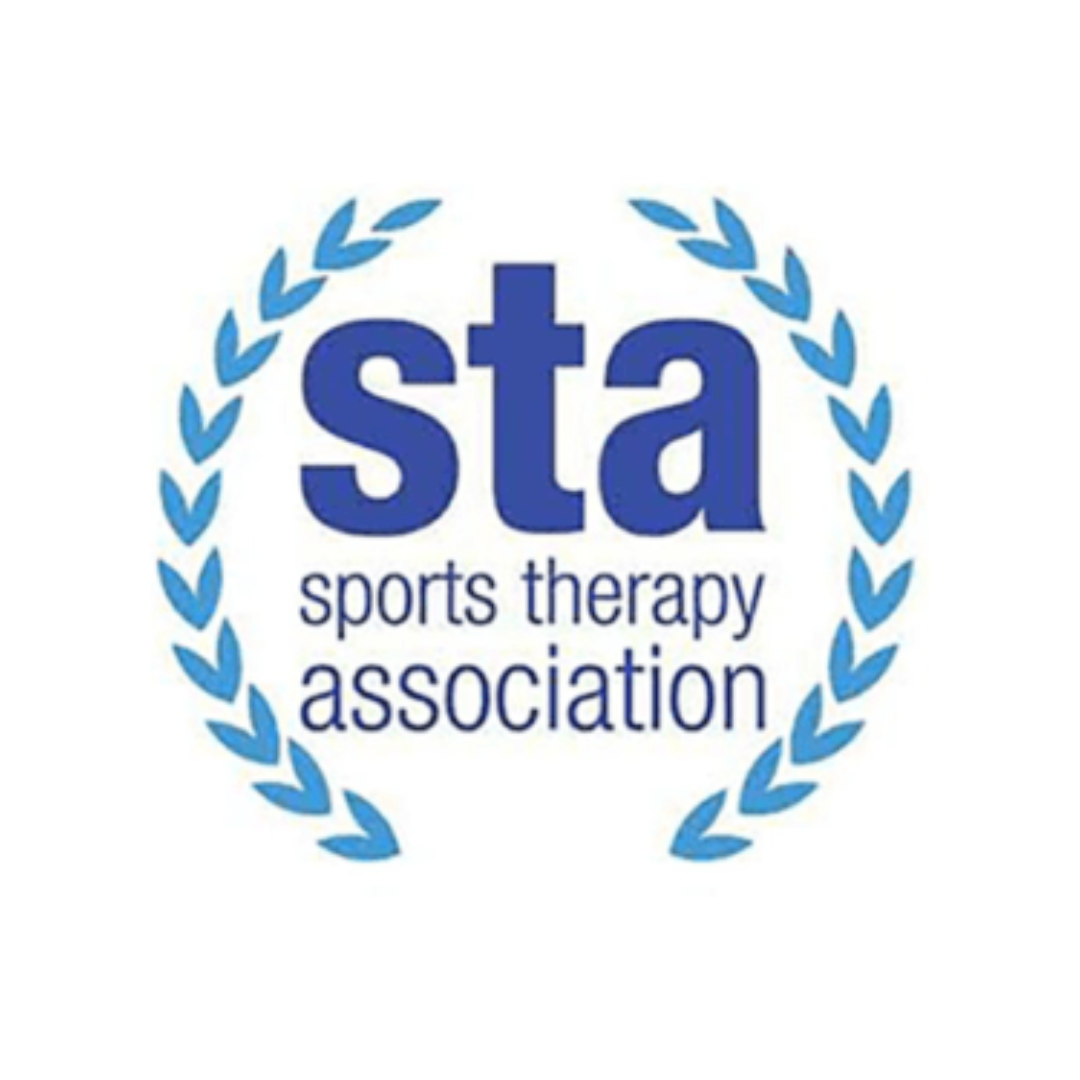

.png)
